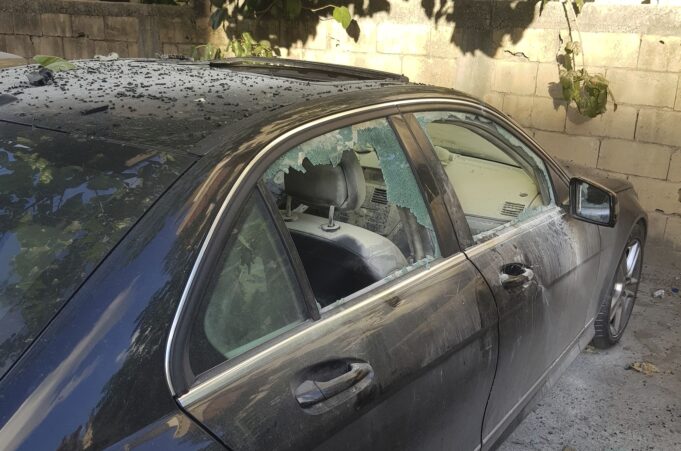At Final Call presstime, there appeared to be an all-out war between the Zionist State of Israel and Hezbollah, the Lebanese resistance group. Months of fighting has escalated into overdrive after communication devices were simultaneously detonated throughout Lebanon and Syria in two days of public terror.
On the first day, pagers exploded. On the second day, hand-held security radios and solar energy systems blew up. The coordinated blasts injured several thousand, mostly civilians, and killed more than two dozen people.
The attack targeted Hezbollah and occurred across a slew of public spaces, including hospitals and marketplaces on Sept. 17 and 18. The act was blamed on Israel, which by presstime neither confirmed nor denied responsibility. However, because of the magnitude of the attack involving civilians, the move can be seen as a major game-changer, say analysts.
“This could lead us to a really, very, very problematic escalation,” said Danny Citrinowicz, a research fellow at Israel’s Institute for National Security Studies and former Israel Defense Intelligence commander, speaking to The National on Sept. 18.
“Not only Hezbollah operatives were hurt by this attack, but also the families that were near the targets,” he said. Mr. Citrinowicz said that given the vast nature of this attack, Hezbollah would have to do something dramatic to balance the deterrence equation with Israel.
Tensions have reached the boiling point between the United States-backed Israel and Hezbollah following dozens of provocations and threats of war.
On Sept. 20, Al Jazeera reported that Hezbollah confirmed its senior commander Ibrahim Aqil was killed in an Israeli attack on the southern suburbs of Beirut. “Aqil, a senior leader in Hezbollah’s elite Radwan Force, had a $7m reward on his head from the U.S. Department of State before he was killed,” reported aljazeera.com.
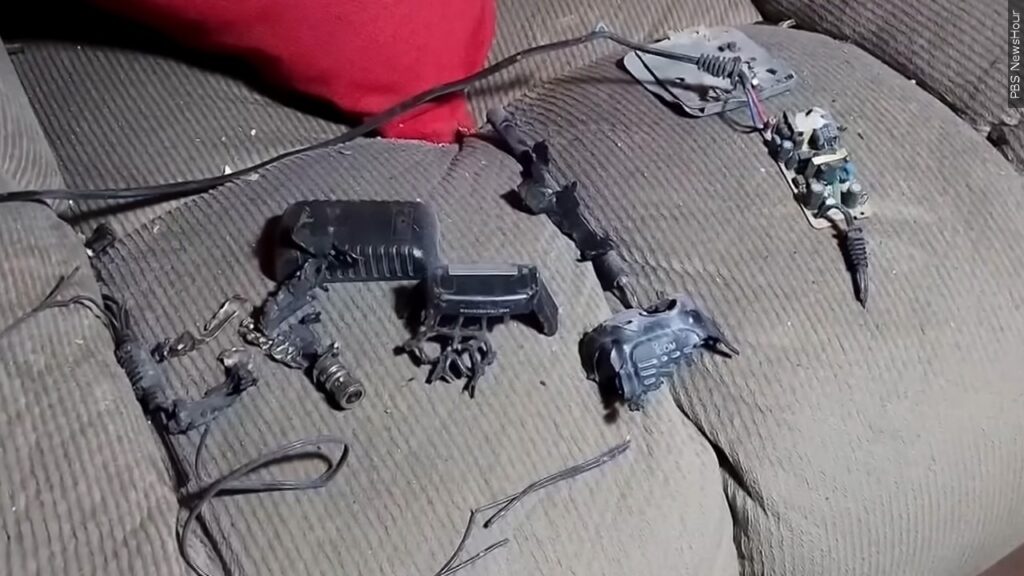
The spiraling descension into war bears witness to words and Divine warnings given by the Honorable Minister Louis Farrakhan, National Representative of the Most Honorable Elijah Muhammad and the Nation of Islam, concerning the Middle East.
“Heed these words from God’s Elect: ‘Israel will never have any peace,”’ said Minister Farrakhan in his February 25 Saviours’ Day message called, “What Does Allah The Great Mahdi And The Great Messiah Have To Say About The War In The Middle East?”
“Now, Elijah Muhammad, that’s my man. That’s the man. I want you to pay attention to what he said in ‘The Fall of America’ in 1973 (pages 171-172): ‘America and England deposited their little brother, Israel, on foreign soil, Palestine, which is Arab land. They deprived the Arabs of their own land and sent them into exile.’ It’s called a Nakba, which means a catastrophe,” the Minister explained.
“‘This injustice against the Arabs is now costing America the power and authority that she once exercised in the [Middle] East.’ (Listen to his next words.) ‘She is on her way out of the Near East,’ and ‘This means bloodshed and plenty of it,’” Minister Farrakhan continued, quoting his teacher.
Recent events show the warning is true, as hostilities spread into a wider war with the potential of drawing in other powers, including America.
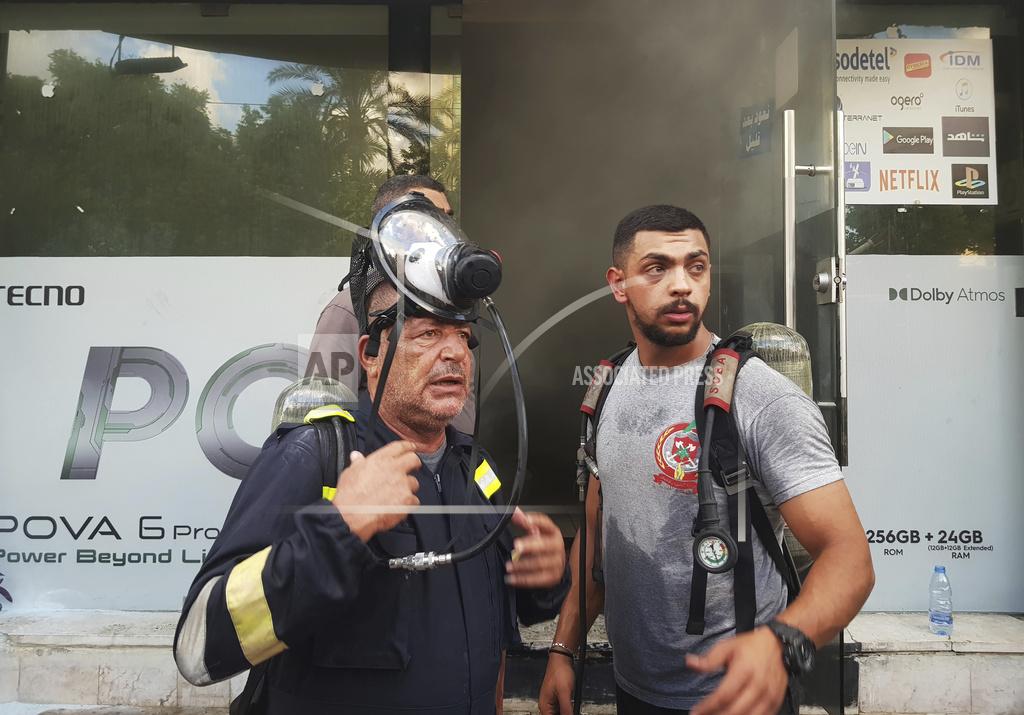
America’s distancing itself
“This attack clearly and unequivocally violates international humanitarian law and undermines U.S. efforts to prevent a wider conflict,” wrote Alexandria Ocasio-Cortez (NY-14) on X.
“Congress needs a full accounting of the attack, including an answer from the State Department as to whether any U.S. assistance went into the development or deployment of this technology,” she posted.
The State Department denied awareness of the act, although news reports cited sources who said a “heads-up” was issued. “The United States did not know about, nor was it involved in, these incidents,” Secretary of State Antony Blinken told reporters on Sept.
18. “We’ve been very clear, and we remain very clear about the importance of all parties avoiding any steps that could further escalate the conflict that we’re trying to resolve in Gaza,” Blinken continued.
“To see it spread to other fronts, it’s clearly not in the interest of anyone involved to see that happen.”
Notwithstanding Mr. Blinken’s flowery words against expanding fronts, he issued no threats of the U.S. withholding its massive financial and military aid to Israel. Meanwhile, Senator Bernie Sanders (I-Vt.) introduced a Joint Resolutions of Disapproval aimed at blocking the sale of more than $20 billion in offensive U.S. weaponry to Israel that was approved in August.
The blasts happened as Israel intensified its genocidal war on Palestinians in Gaza, raging since October 7, 2023, and amplified its cross-border tension with Hezbollah in Lebanon. For Hezbollah, the move crossed all redlines, conventions and laws.
“The attacks was an act of war,” said Sayyed Hassan Nasrallah, Hezbollah’s secretary general, in translated remarks on Sept. 19. He called the move a blatant “act of terrorism” and “a massacre,” and defiantly declared that Hezbollah is resolved and will answer the targeted mayhem.
“We cannot be broken by this blow, no matter how big or strong it is. And I can assure you faithfully and with confidence, this hard unprecedented blow did not bring us to our knees—and it will not,” Mr. Nasrallah, avowed.
“The enemy will face a severe and fair punishment from where they expect and don’t expect,” he warned.
As his remarks aired, Israeli fighter jets flew low over Beirut, then began a substantial bombardment in parts of Lebanon, according to Lebanon’s National News Service. In response, Hezbollah lodged attacks on northern Israel.
“We are dealing with a full-fledged genocidal attack,” said Ibrahim al-Moussawi, Hezbollah’s spokesman. He said the devices were tampered with and ended up, not only in the possession of Hezbollah members but others.
“There is a clear criminal attack on civilians. All those carrying pagers are not military personnel. The matter must be investigated, and the enemy held responsible,” he said.
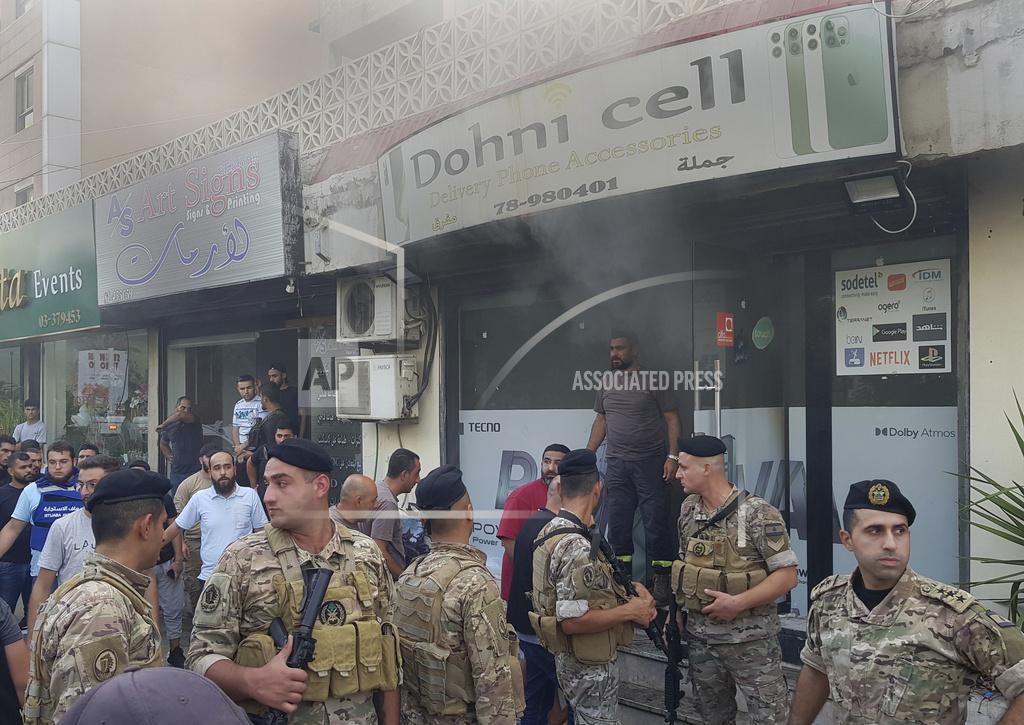
Blasts timed as Israel expanded war front
On Sept. 18, Israel’s defense minister said their focus now includes its northern front in a “new phase in the war.”
“The ‘center of gravity’ is moving north, meaning that we are allocating forces, resources and energy for the northern arena,” said Yoav Gallant, adding that displaced Israelis must be allowed to return home. He was referring to Israelis who left illegal border settlements when fighting intensified with Hezbollah after Oct. 7. He did not mention the device blasts.
The blasts were deemed by some observers as a profound security breach for Hezbollah, which is also fighting against Israel’s deadly war on Palestinians in Gaza, the Occupied West Bank and East Jerusalem. A Hezbollah statement said it will continue supporting the Palestinian resistance and defending Lebanon, its people and its sovereignty.
The terroristic actions of killing civilians and attacking Hezbollah were to show that Israel possesses these high-tech capabilities aiming to change the political calculus for Hezbollah, activist and investigative journalist, Eugene Puryear told The Final Call.
Weaponizing communication devices could be aimed to place pressure and disrupt Hezbollah’s solidarity with Gaza and scale back their operations in Northern Israel. “I think Israel is hoping they’d be able to bring settlers back by sort of calming down the conflict in that way,” Mr. Puryear said.
But the war has intensified. There is some support in Lebanon for what Hezbollah is doing, even from among those who oppose them politically. However, there are also forces backed by America and Arab Gulf countries that oppose the group, he said.
There is a long history of adversity between Hezbollah and Israel and analysts note there is a significant difference between Israel fighting Hamas in Gaza and warring with Hezbollah, battle-hardened from years of war in the region.
“Hezbollah is a whole different can of worms than Hamas,” said Mr. Puryear. He said that in Gaza, Israel exacted one of the most horrendous bombing campaigns, destroyed almost all of the structures, killed 41,000-plus people, injured more than 95,497 and caused tremendous devastation.
“Despite all of that, they actually still have completely failed to eliminate Hamas’ fighting capacity,” reasoned Mr. Puryear.
After 11 months of fighting in the relatively small Gaza Strip against a numerically smaller Hamas with inferior weaponry, the occupier Israel Defense Forces have not been able to defeat them, he further reasoned.
“The idea that they (Israel) could easily deal with Hezbollah, which is significantly larger, can draw on support from the region much more easily, and has significantly more advanced weaponry… seems almost fantastical,” explained Mr. Puryear.
“No one knows exactly how many fighters Hezbollah has,” he points out, “but it’s indicated that they have as many as 100,000,” he added.
Additionally, the group becomes more formidable when factoring in potential support from other nations like Iran, Iraq, Syria, and regionwide and local movements in Lebanon, generally opposed to Zionism and an Israeli invasion.
At one point, a 2018 report from the Center for Strategic and International Studies called Hezbollah, “the world’s most heavily armed non-state actor.”
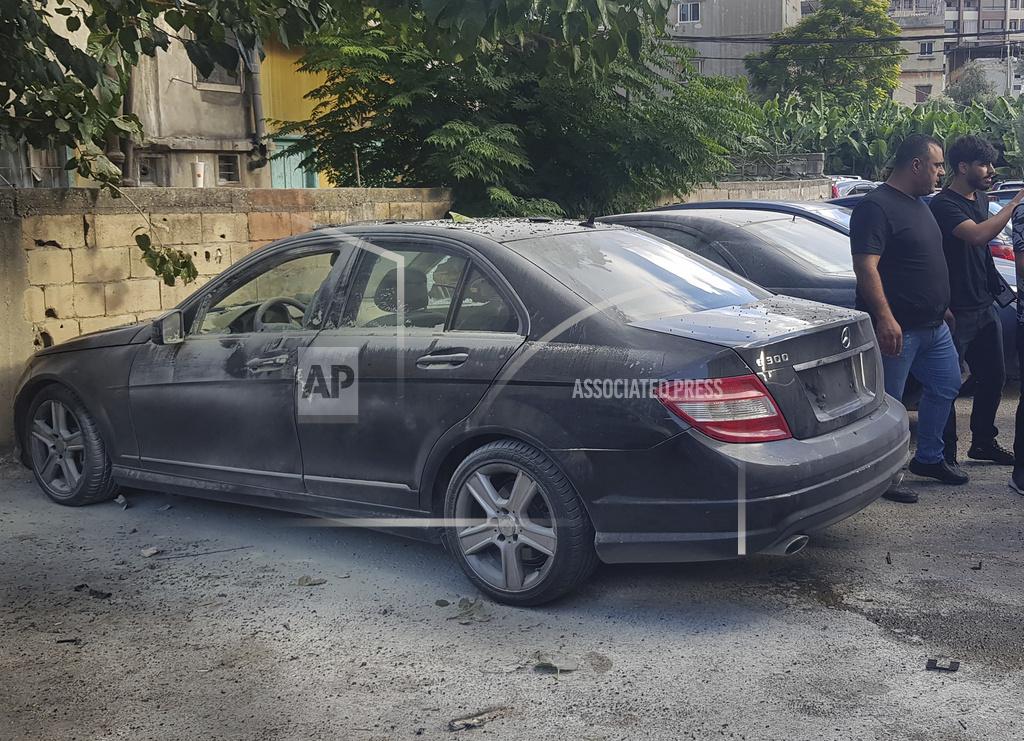
Israel’s military is mainly made up of reservists. Lately, it has been experiencing internal revolts and “army refusal” by dissatisfied Israelis opposed to the policies of its ultra-rightwing government and embattled prime minister, Benjamin Netanyahu. Israel’s military and political leadership understand this would be a difficult war, that they could lose, and turn into a total disaster and debacle.
“America is not going to stay in the Middle East. And I have to tell you, Israel won’t remain there either. That’s prophecy—but I got it from the Mouth of God,” Minister Farrakhan further explained in his February message.
“Elijah Muhammad continues: ‘In the Near East, there stand navies which are neither American nor British … [t]hey are there to drive America out. The skies over there are beginning to thicken with foreign planes, carrying deadly weapons, guns and bombs.
They will not be satisfied as long as Israel is in Palestine. The boil has come to a bursting point. We are in a troubled world,” and “We are in a world that is now erupting,” said Minister Farrakhan, quoting his teacher.
Visit media.noi.org to view and study the Honorable Minister Louis Farrakhan’s 2024, Saviours’ Day 2024 message, “What Does Allah The Great Mahdi And The Great Messiah Have To Say About The War In The Middle East?”












